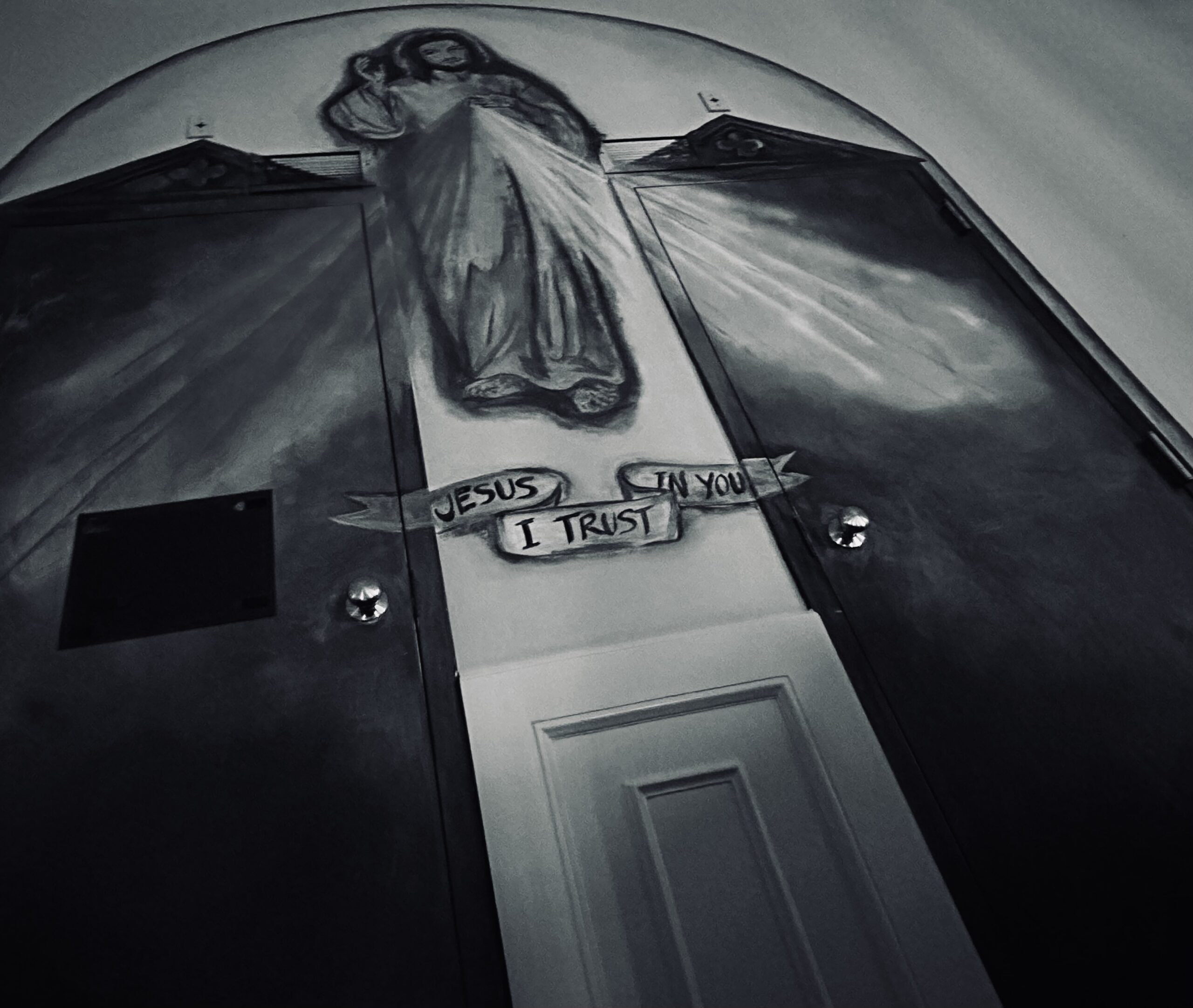My one temptation to Protestantism is their lack of the sacrament of Confession (also called Penance). I am only tempted thusly when I am particularly ashamed by something I have to confess. It would be so much easier to do what Protestants do—or at least what many have told me they do—and just confess my sins to God in my head. No middle man, just a direct line to God. Or more accurately put: no physical, concrete person (in Persona Christi) who I know for sure is hearing what I am confessing and will respond to my words with his words.
Why would this tempt me? What am I afraid of? Despite the anonymity of Confession, I am afraid of the humiliation of another person hearing about something shameful I’ve done. I am afraid of making someone, even someone who has no idea of who I am, think less of me. I am afraid of hearing their response to what I have just confessed because I know I have bared my brokenness and I am at their mercy.
It is during these times I can see the draw to a spirituality without what feels like a cumbersome path to forgiveness. I would love to just privately confess in my head and assume I’m forgiven. All without the humiliation of telling another human being how I’ve sinned in my thoughts or in my words or in what I have done or in what I have failed to do.
But I am a fallen human being and what I would love to do is not always what is best for me (case in point: sins that bring me to confession in the first place). God made us material beings with souls. He made the sacraments material actions that point to the spiritual action taking place. I could tell God my sins directly, but there would be something lacking. I would have the spiritual but not the material.
God knows us and He knows we need the material aspects of Confession. I could confess directly to God, but there’s something inside me that needs my confession to be heard by human ears and my ears need to hear I am forgiven. God knows how relieving it is for us to unburden ourselves to another person (think of all the people in therapy). There’s something inside us that needs to hear words of kindness and mercy, especially since some of us are not very merciful to ourselves when it comes to our own failings. There’s something in us that needs to hear words of admonishment, especially since some of us are too merciful to ourselves when it comes to our own failings. God knows how consoling it is for us to hear our absolution. To know for sure that the slate is wiped clean and when we exit that confessional, we enter the world to begin again with our penance and a fresh start.
Recently, carrying around this difficult-to-confess burden on my soul, I saw new wisdom in the Sacrament of Confession. Tempted though I was to just speak it silently into the air and hope it made its way to Jesus and that he would forgive it, I knew this is not how God set it up to be done. He set aside certain men to forgive or retain sins (Matthew 20: 23) and it is to their successors that I must go, no matter my embarrassment. And when I finally convinced myself to enter that confessional, to kneel down and liberate myself of the yoke that had been weighing on me, I was glad I went.
More importantly, the whole affair was so harrowing for me, I made a firm resolution to never commit that sin again. I may not always succeed at keeping those resolutions, but I certainly commit those sins a lot less knowing that I’ll have to go through that whole uncomfortable experience again. So, the fact that I have to physically confess my wrong doings to another human being acts as a deterrent to repeating my wrong doings, which is something I wouldn’t have if I just spiritually confessed my sins.
Fallen human nature being what it is demands a rigorous cleansing that we aren’t capable of administering ourselves. We get stuck in cycles of committing a sin, feeling bad about it, trying to be better and then committing that sin again (see the entire Book of Judges). Eventually our fallen intellect, left to its own devices and clouded from the fall, might become numb to the sin and even start to rationalize it. We’ll start to feel less remorse for it and will then forget we could be living better. We need someone outside of ourselves—in particular Christ, acting through a priest—to snap us out of our disordered thinking. To give us the grace to see and acknowledge our wrongdoings (without making excuses), to feel proper guilt for them and to seek to not repeat them. We need a third party, standing in the place of Christ, to tell us to “Go and sin no more.”
God knows these needs for “he himself knew what was in man” (John 2:25). He knows exactly what roads we might wind up on if left on our own so, in his fathomless mercy, he created a help for us to keep us on the right road. He left us the Sacrament of Confession in order to bare our brokenness and ask for his mercy. It can, at times, be terrifying but there is nothing more cathartic and healing. Which is why, though I find the Protestant direct confession tempting, I know the more difficult road through the Church’s Sacrament of Confession is the road I’m supposed to be on.





0 Comments